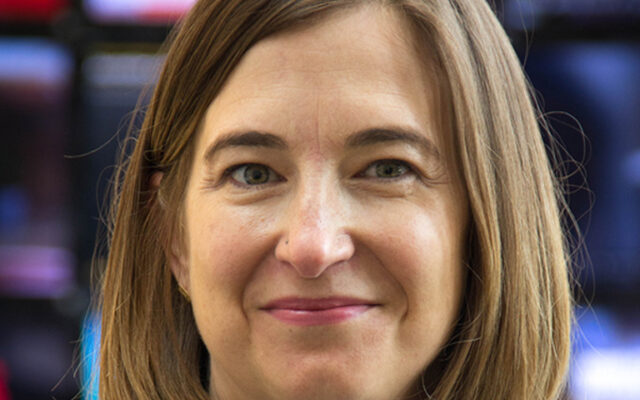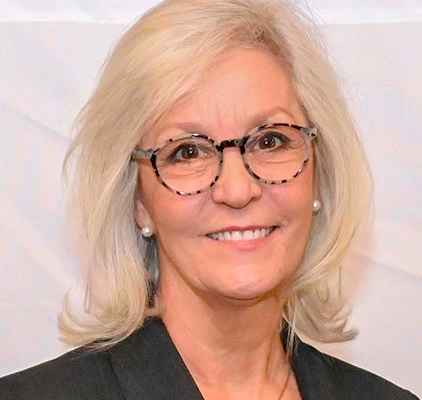UI study: Many parents keep no tabs on teens’ use of social media

IOWA CITY — Almost half of all parents say they don’t monitor or restrict their teenagers’ internet and social media use, according to a national survey done in part at the University of Iowa.
UI journalism and mass communication professor Rachel Young says they found it’s very hard to keep a digital leash on a teen’s online world.
“When we spoke with parents, it wasn’t because they didn’t want to or didn’t think it was important,” Young says, “but rather because it was so incredibly challenging to find strategies that they felt really worked for them and that they could sustain.”
Adults often use social media differently from teens, so Young says when a parent tries to restrict internet use, it can have all sorts of ripple effects.
“Monitoring or limiting could really threaten their relationship with their teenager,” Young says, “because media is so crucial to teenagers’ social lives, and entertainment, and even school, and all these areas in the teens’ life, trying to figure out reasonable limits is really tough for parents.”
While the survey’s findings may initially -sound- like parents aren’t stepping up, Young says the responsibility is genuine and parents are taking their duties seriously.
“The parents that we spoke with were really engaged in talking to their teenagers about what they were experiencing online, and making sure their teenagers felt really comfortable coming to them if they encountered any trouble,” Young says, “which is exactly what you would want to see.”
State legislators are considering a bill that would require anyone under 18 to have parental permission before they could use a social media account. Young says that could be difficult to regulate.
“Kids are often really adept at technology, so to get an account on TikTok or Instagram, there already is a check to see how old you are, but we find that kids are often pretty good at figuring out how to get around that,” Young says. “It’s not really too challenging.”
Still, she says any type of check that would let parents know their kids are creating these accounts is important. Young’s findings were published recently in Computers in Human Behavior.




